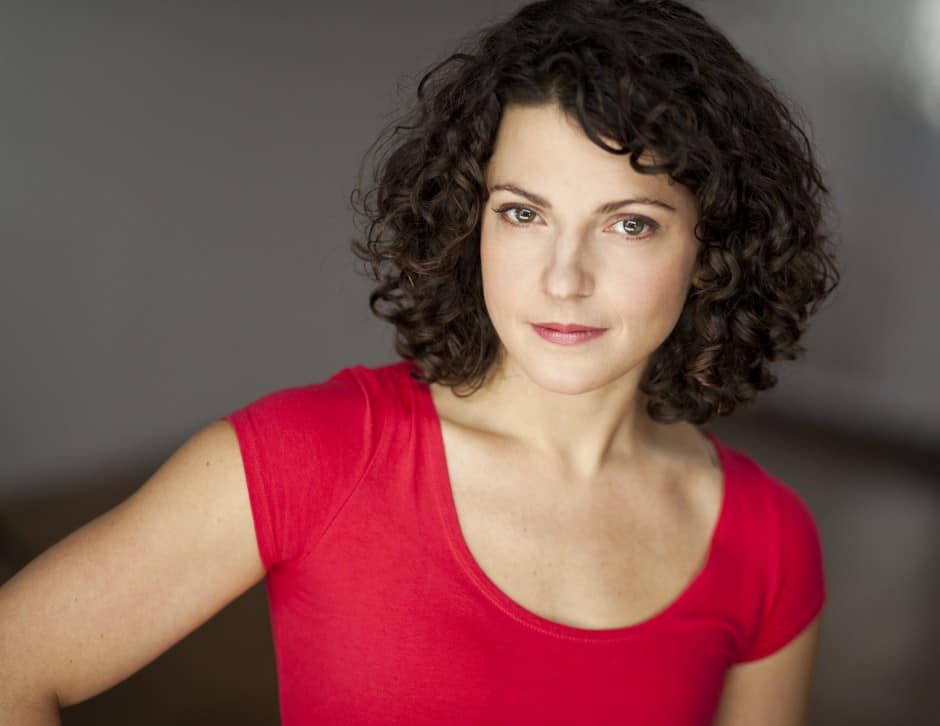Actress and U of T alumnus Chala Hunter plays Lavinia in Titus Andronicus and Celia in As You Like It for this year’s Canadian Stage Shakespeare in High Park. The Varsity sat down with her to discuss the shows, the challenges of playing two very different roles, and her time at U of T.
The Varsity: So you have a unique situation here, in that you’re playing two very different roles. What things would you say you bring to each?
Chala Hunter: I am playing two very different roles, but I guess I hope that speaks to my versatility as an artist and a performer. Both shows are looking for different skills — it was essential, especially in Titus, that people had a really high physical ability. I didn’t have that much movement training at U of T, but at National Theatre School that was definitely something that was heavily covered.
TV: How do you find balancing the two shows?
CH: I think it speaks to your ability within your craft to easily jump from one world to another. It’s the same way that when you’re in a scene you could be in the most joyful state, and then receive the worst news ever, and then your body and your emotional ability have to be ready to make those leaps.
As You Like It has it’s own challenges — comedy is challenging in that you have to be open to living in this purely joyful world. So I think [the shows] balance each other out. The challenges in As You Like It — rhetoric and comedic timing — are different than Titus, which can be more visceral. You have to be open in different ways for both shows, so they do actually balance each other out.
TV: Do you feel like you draw on similar things for [your roles as] Celia and Lavinia, even though they do experience such different things?
CH: Actually, I would have to say no. I think I draw on a similar place of openness, but Lavinia is a real place to live in. The physical reality of her circumstances are so gruesome, and I’ve never even broken bone. So I have to take the imagination of the one time I fell off my bike and take that level of pain and put it into what she experienced. I did a lot of research with her as well — into rape used as a tool against women, and people who had experienced great physical and sexual trauma.
[For] Celia, I thought more about just love, because I have to be so in love with Rosalind, and then I have to fall in love at first sight at the end of the play. So I drew on the relationships I’ve been lucky enough to have in my life that had that kind of love. It’s kind of like the light and the dark, you know what I mean?
TV: To switch tracks a bit, how do you find performing outside? Is it something you have experience in? How do you think it changes the nature of the performance?
CH: I did Shakespeare repercussion theatre in Montréal, where they tour from park to park, so I’m familiar with things like being able to see the audience and dealing with the bugs. I really love it. At High Park you get such a huge mix of people coming out to see the show, so it’s amazing as a theatre artist to see all walks of life coming to see plays. To have people who would never normally go to the theatre be in the audience, and really be receiving the show — it’s pretty miraculous.
TV: As someone who did their undergrad at U of T, how did you find the experience? Would you say it helped you to be where you are now?
CH: It was great. I started out doing environmental studies and international development, and then about a year in I had a realization. Whenever I pictured myself being involved in political or international work, I found myself imagining myself speaking to huge audiences of people and I was like, maybe that’s a sign as to what I should actually be doing with my life.
I mean, getting to be taught by Ken Gass was one of the greatest gifts of my entire life — he was, and is, such a mentor to me. And I loved the academic side as well —when I was there I wanted more practical classes, but then when I went to National Theatre School I found that all the reading I’d done was a huge advantage that a lot of other people didn’t have. I have this knowledge of Canadian theatre, I read a bunch of the Greeks, and it’s really useful.


